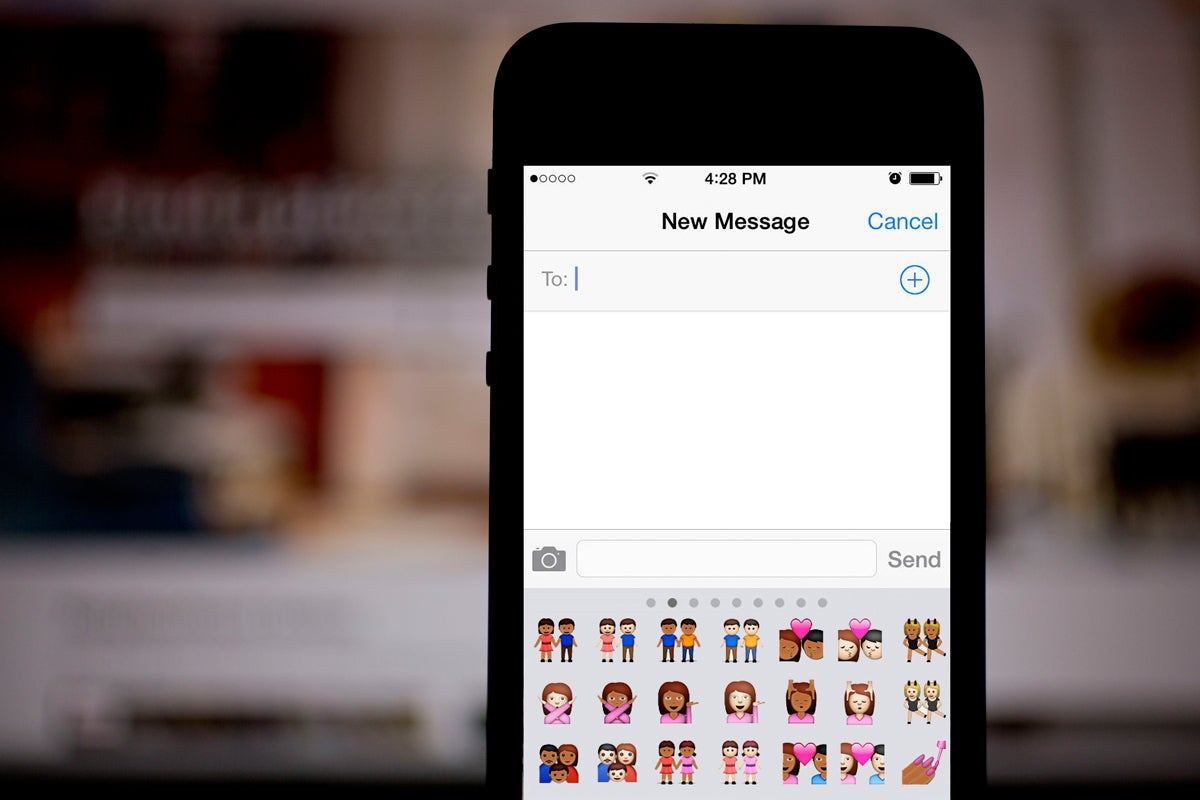Apple to make emojis more ethnically diverse
Political correctness gone :sad:?

The days of using the two dancing ladies emoticon to signify Beyonce may soon be over, after Apple promised to introduce more diverse emojis for iPhone and iPad.
Smartphone developers initially side-stepped the race issue with the original yellow smiley faces, but the arrival of more human-looking emojis came with a distinct lack of racial variety.
Users were irked by the fact that there are two types of camel but next to no black people, with Miley Cyrus even tweeting about it in 2012.
MTV Act made a complaint to Apple on the topic, which was brought to the attention of vice president of worldwide corporate communications Katie Cotton, who replied in an email: "We agree with you. Our emoji characters are based on the Unicode standard, which is necessary for them to be displayed properly across many platforms.
"There needs to be more diversity in the emoji character set, and we have been working closely with the Unicode Consortium in an effort to update the standard."
Apple may be lagging behind in terms of racial equality when it comes to emojis, but in 2012 re-addressed the sexuality of its smileys when it introduced gay and lesbian couples.
Join our commenting forum
Join thought-provoking conversations, follow other Independent readers and see their replies
Comments